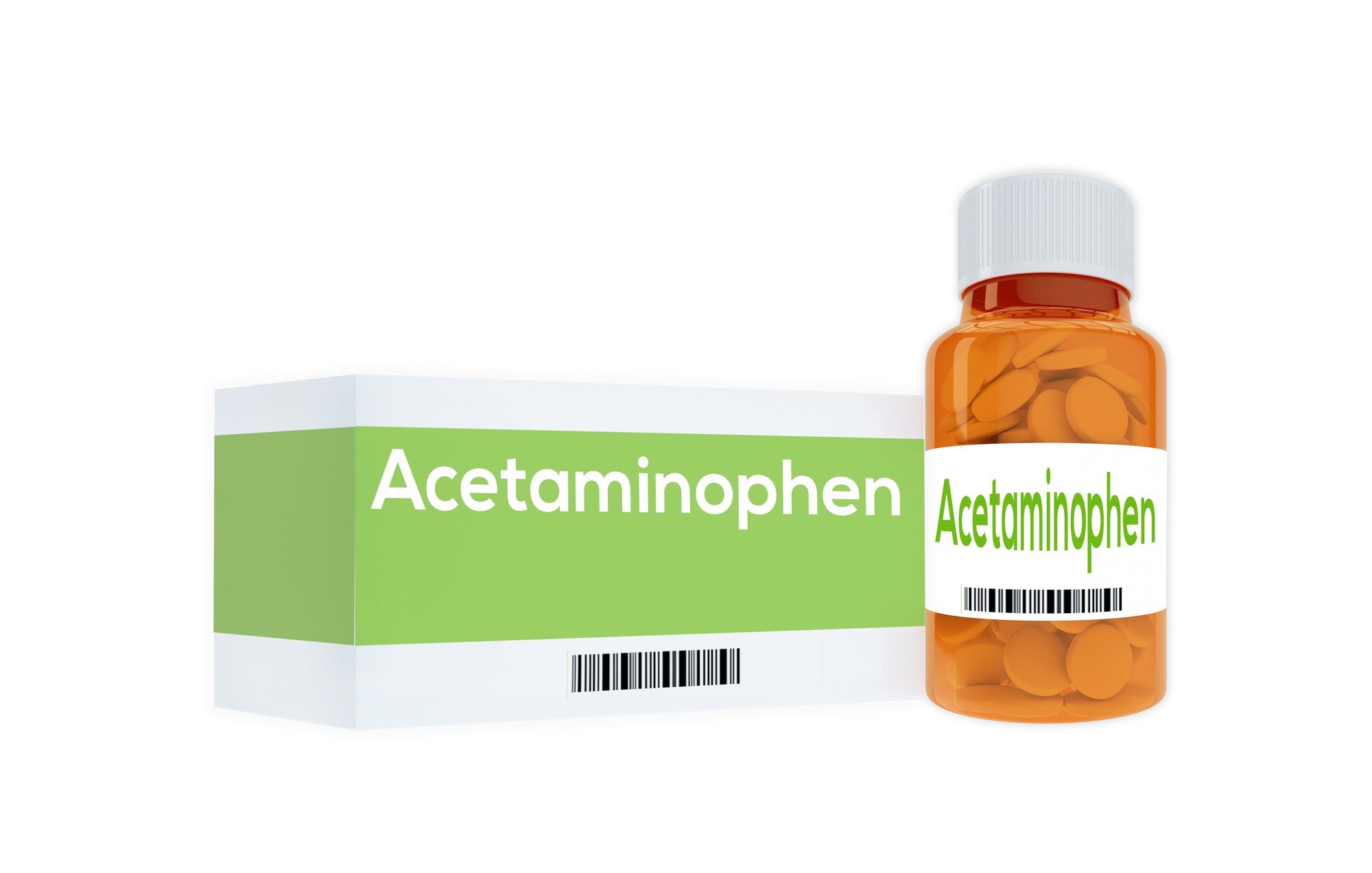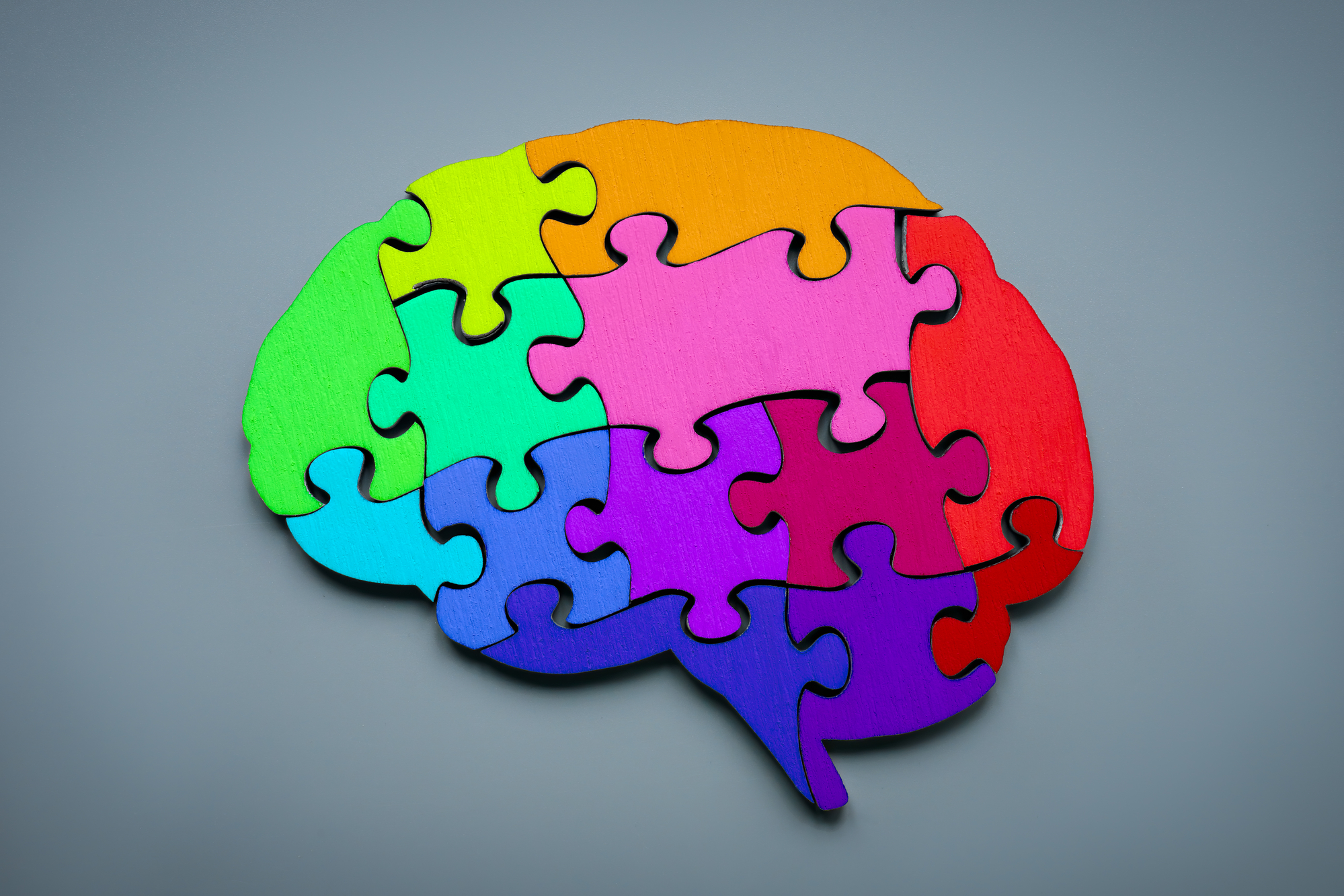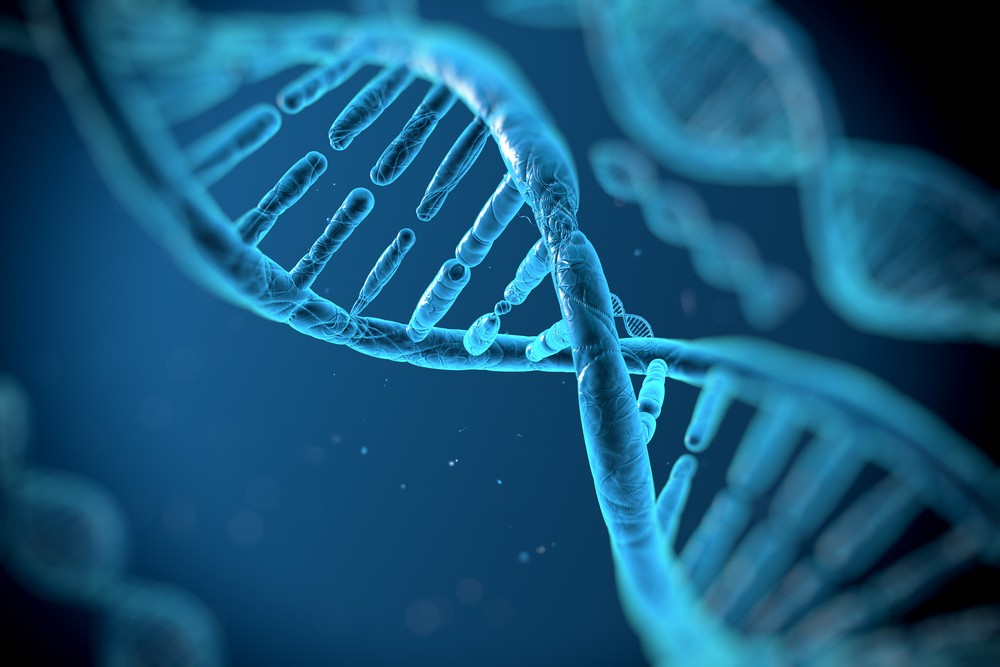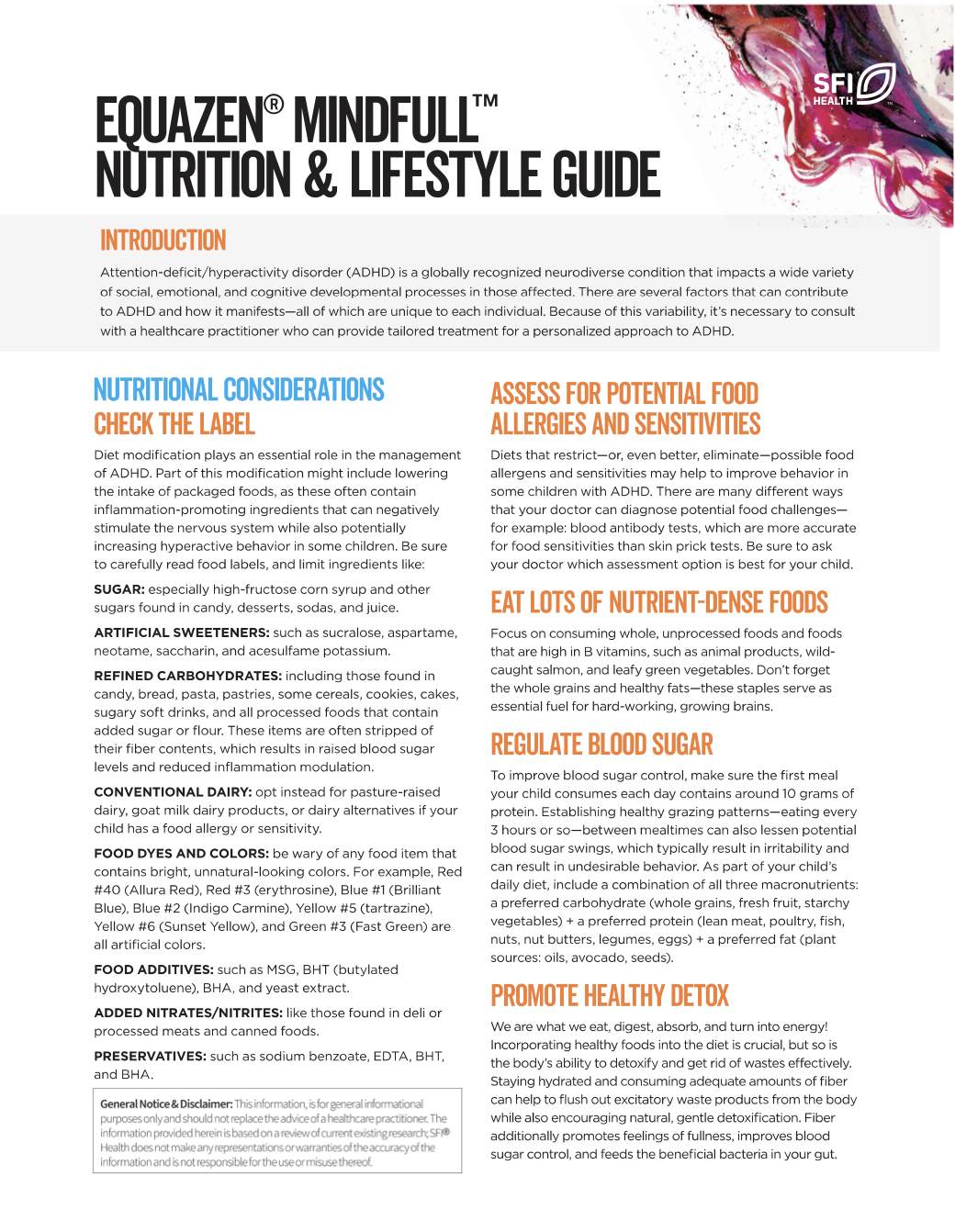Attention Issues in Children Linked to Common OTC Pain Reliever
Acetaminophen, sold over-the-counter as Tylenol and other brand names, is generally regarded as a safe and effective pain reliever when used as directed. But a growing body of evidence is calling into question its use during pregnancy. Studies have linked the use of the drug by expectant mothers to poorerRead











